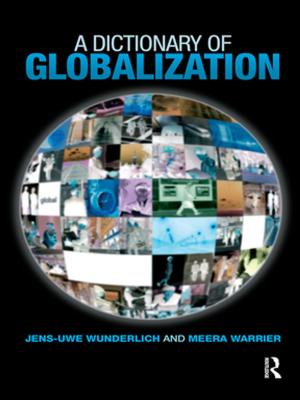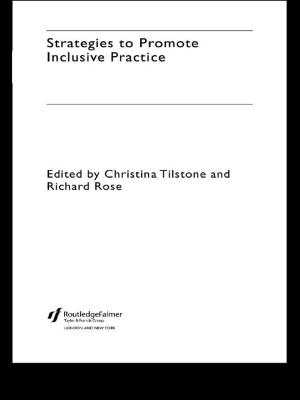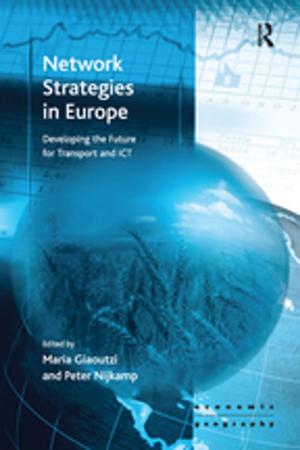Beyond Liberal Peacebuilding
A Critical Exploration of the Local Turn
Nonfiction, Social & Cultural Studies, Political Science, International, International Security, International Relations| Author: | Elisa Randazzo | ISBN: | 9781317208686 |
| Publisher: | Taylor and Francis | Publication: | June 14, 2017 |
| Imprint: | Routledge | Language: | English |
| Author: | Elisa Randazzo |
| ISBN: | 9781317208686 |
| Publisher: | Taylor and Francis |
| Publication: | June 14, 2017 |
| Imprint: | Routledge |
| Language: | English |
This book examines the logic behind the shifts and paradigm changes within the scholarship on peacebuilding.
In particular, the book is concerned with examining if, and how, these shifts have significantly altered how we think about peacebuilding beyond the ‘liberal peacebuilding’ paradigm. To do so, the book engages with the logic of critique that has led to the emergence of different theoretical approaches to peacebuilding, from hands-on institutionalisation, to the ‘local turn’. It uses the case of Kosovo to understand how a lessons-learnt approach facilitated the shift towards more invasive and intrusive forms of peacebuilding first. However, it is also crucial to understanding the recent local turn, as the rise of local ownership discourses in Kosovo is fundamentally tied to the critiques of extensive international missions, and the associated resistance and marginalisation of local agency. The book examines the implications of the framing of ‘everyday’ agency in order to assess the extent to which these bottom-up approaches have been able to by-pass the problems attributed to the liberal peace approach. It argues that despite its critical and radical intentions, the local turn retains certain foundational modernist and positivist qualities that have so far characterised the very mainstream approaches these critiques claim to transcend.
This book will be of much interest to students of peacebuilding, statebuilding, peace and conflict studies, security studies and International Relations in general.
This book examines the logic behind the shifts and paradigm changes within the scholarship on peacebuilding.
In particular, the book is concerned with examining if, and how, these shifts have significantly altered how we think about peacebuilding beyond the ‘liberal peacebuilding’ paradigm. To do so, the book engages with the logic of critique that has led to the emergence of different theoretical approaches to peacebuilding, from hands-on institutionalisation, to the ‘local turn’. It uses the case of Kosovo to understand how a lessons-learnt approach facilitated the shift towards more invasive and intrusive forms of peacebuilding first. However, it is also crucial to understanding the recent local turn, as the rise of local ownership discourses in Kosovo is fundamentally tied to the critiques of extensive international missions, and the associated resistance and marginalisation of local agency. The book examines the implications of the framing of ‘everyday’ agency in order to assess the extent to which these bottom-up approaches have been able to by-pass the problems attributed to the liberal peace approach. It argues that despite its critical and radical intentions, the local turn retains certain foundational modernist and positivist qualities that have so far characterised the very mainstream approaches these critiques claim to transcend.
This book will be of much interest to students of peacebuilding, statebuilding, peace and conflict studies, security studies and International Relations in general.















